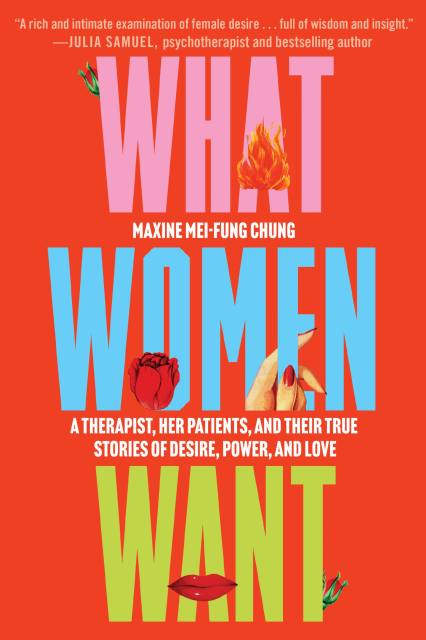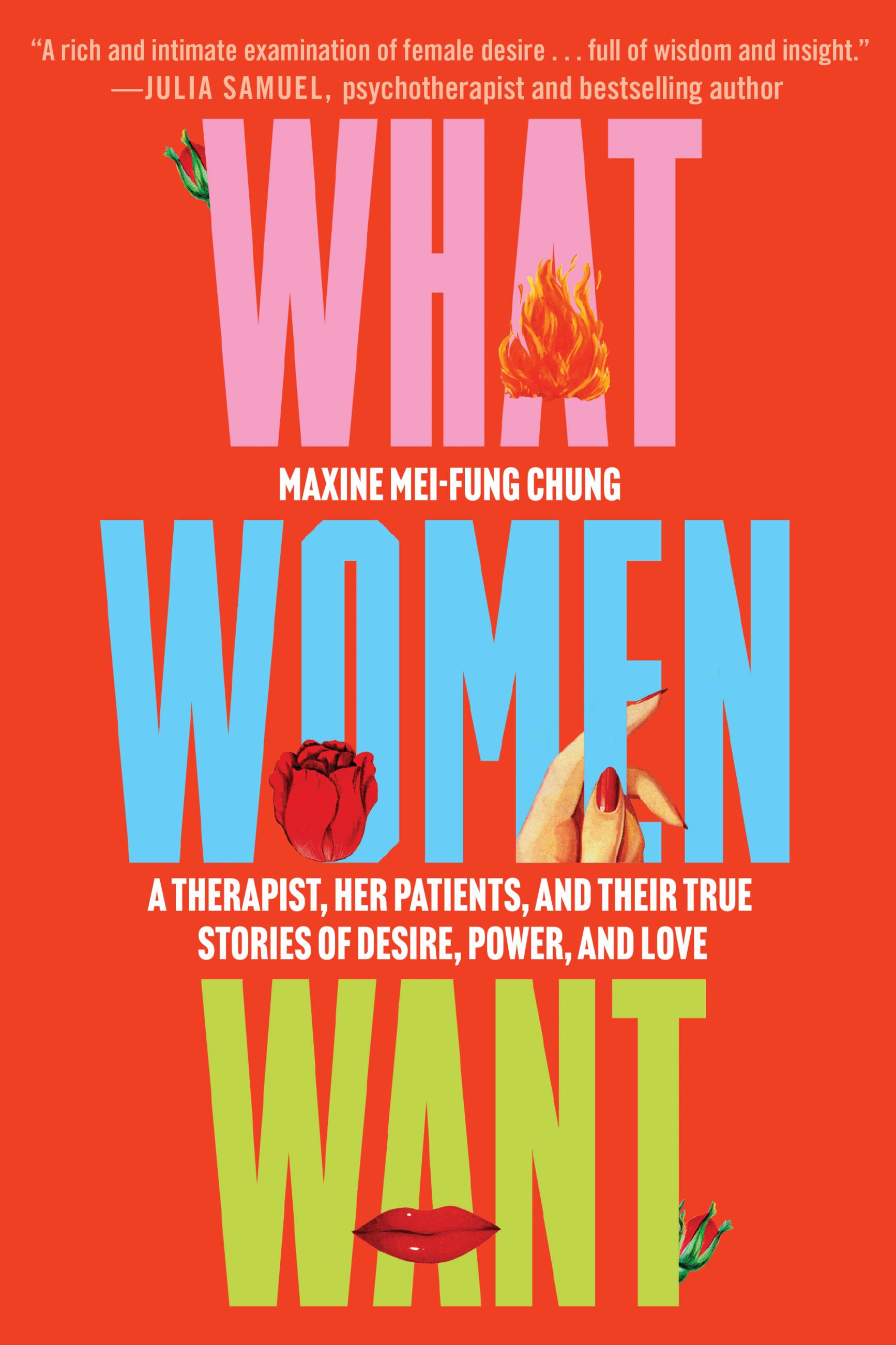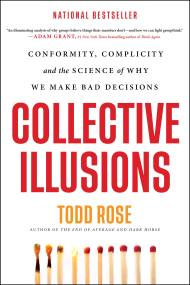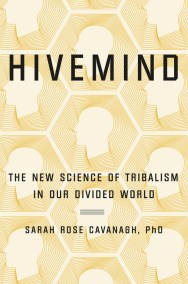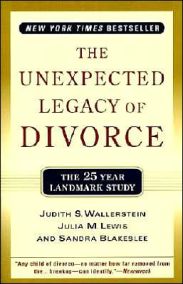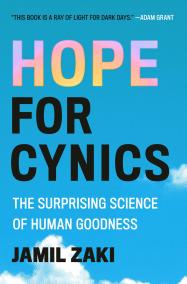By clicking “Accept,” you agree to the use of cookies and similar technologies on your device as set forth in our Cookie Policy and our Privacy Policy. Please note that certain cookies are essential for this website to function properly and do not require user consent to be deployed.
What Women Want
A Therapist, Her Patients, and Their True Stories of Desire, Power, and Love
Contributors
Formats and Prices
- On Sale
- Sep 19, 2023
- Page Count
- 304 pages
- Publisher
- Grand Central Publishing
- ISBN-13
- 9781538758281
Price
$18.99Price
$23.99 CADFormat
Format:
- Trade Paperback $18.99 $23.99 CAD
- ebook $14.99 $19.99 CAD
- Audiobook Download (Unabridged) $27.99
This item is a preorder. Your payment method will be charged immediately, and the product is expected to ship on or around September 19, 2023. This date is subject to change due to shipping delays beyond our control.
Buy from Other Retailers:
Sigmund Freud once said: ‘The great question that has never been answered, and which I have not yet been able to answer, despite my thirty years of research into the feminine soul, is “What does a woman want?”’ Through the relatable and moving stories of seven very different women, Maxine Mei-Fung Chung refutes this inscrutability and sheds light on our most fundamental needs and desires. From a young bride-to-be struggling to accept her sexuality, to a mother grappling with questions of identity and belonging, and a woman learning to heal after years of trauma, What Women Want is an electrifying and deeply intimate exploration into the inner lives of women.
Based on hours of conversations between Maxine and her patients, this book lays bare our fears, hopes, secrets and capacity for healing. With great empathy and precision, What Women Want presents a fearless look into the depths of who we are, so that we can better understand each other and ourselves.
To desire is an action. This extraordinary book liberates and empowers us to claim what we truly want.
-
"Chung is an immersive storyteller, bringing us into the lives of these women in the most honest and fascinating way. This book will certainly leave readers feeling a bit less alone, and a bit less afraid to want what they want.”Shondaland
-
“The cases are told in detail and include moments when the patients interact with their families at home. . . [Chung[ demonstrates empathy, care, and skill as she guides each to safer ground. Ultimately, women want what men want: to be accepted and recognized for themselves. Chung offers a pathway.”Booklist
-
"[Chung's] sensitive renderings of her subjects and commitment to the “premise that women want. Period” uplifts. Readers will be touched by Chung’s compassionate approach."Publishers Weekly
-
"A rich and intimate examination of female desire, Maxine's book is full of wisdom and insight. I cannot recommend it enough."Julia Samuel, bestselling author and psychotherapist
-
“From renowned psychotherapist Maxine Mei-Fung Chung comes a non-fiction book that reads like a call to arms. . . This is a gripping debut that is searing in its honesty and vulnerability. Exploring trauma, gender, sexuality and mental health, the insight on female desire is so though provoking, the stories of these women dealt with in a captivating and gentle way. Read it.”Glamour UK
-
"This début from a leading psychotherapist is an enthralling, intersectional investigation of female desire."Caroline Sanderson, The Bookseller
-
"I couldn't stop thinking about these women's stories. The best book on female desire and longing since Three Women."Abigail Bergstrom, author of What a Shame
-
"Maxine's book is insightful, tender and brilliant. I am enraptured by these women's stories."Katy Hessel, Sunday Times Bestselling author of The Story of Art without Men
-
"A compelling read."Sally Huband
-
"Brave, deeply honest, and beautifully written, What Women Want makes the personal universal."Joanna Briscoe
-
"Fascinating. . . Makes a valuable contribution to a wider debate about how women are permitted to own and express their desires in a patriarchal culture that still prefers us quiet and non-disruptive."Observer
Newsletter Signup
By clicking ‘Sign Up,’ I acknowledge that I have read and agree to Hachette Book Group’s Privacy Policy and Terms of Use
